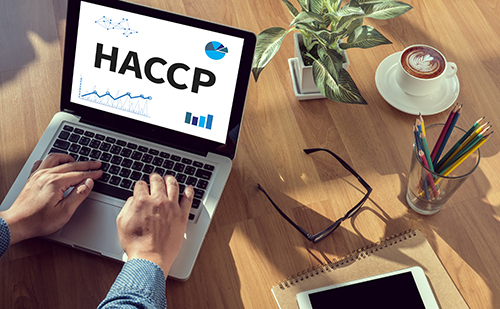
Ensuring safety and quality is paramount in food production, so we made this guide on food safety tips for the manufacturing industry. By implementing these practices, manufacturers can maintain a high level of product integrity, reduce the risk of recalls and outbreaks, and meet regulatory and consumer expectations.
Maintaining a Clean Facility
Maintaining a clean facility is one of the most critical aspects of food manufacturing. This includes sanitation of equipment and production areas, as well as regular cleaning and maintenance. By implementing a cleaning schedule, manufacturers can minimize the risk of cross-contamination and the spread of foodborne illness.
Staff Training and Education
Educating staff in food safety practices is vital for food safety. This includes teaching thorough hand-washing techniques, understanding allergen risks, and learning effective cleaning methods. Ongoing training and refresher courses will ensure employees are aware of best practices and regulations for safe food handling.
Implementing HACCP
Implementing a Hazard Analysis and Critical Control Points (HACCP) system is another essential food safety tip for the manufacturing industry. HACCP is an efficient approach to identifying, evaluating, and controlling food safety hazards during production and is a widely recognized industry standard. Manufacturers can prevent, eliminate, or reduce potential hazards at critical control points throughout production by adopting HACCP.
Allergen Management
As mentioned, managing food allergen risk in manufacturing is crucial. Common allergens, such as peanuts, tree nuts, milk, eggs, fish, shellfish, soy, and wheat, can cause serious reactions in individuals with allergies. Allergen management includes segregating allergens from non-allergenic ingredients, thorough cleaning, clear labeling, and staff training.
Record-Keeping and Traceability
Record-keeping and traceability are paramount in the event of a food safety issue, such as a recall. Manufacturers should keep accurate records of production processes, ingredient suppliers, lot numbers, and critical control points. This documentation will expedite product traceability in the event of a recall and demonstrate compliance with food safety regulations.
Regular Audits and Inspections
Internal and external audits are vital for maintaining compliance with food safety guidelines and regulations. Manufacturers should establish processes for routine audits to identify potential risk areas and ensure the effectiveness of their food safety programs. Third-party certification schemes, such as SQF and BRC, can provide additional confidence in a manufacturer’s food safety processes.
Following the above advice can help manufacturers protect their customers and their reputation. Food manufacturers can ensure the safety and quality of their products by maintaining a clean facility, investing in staff education, implementing HACCP, managing allergen risk, and conducting regular audits and inspections.

